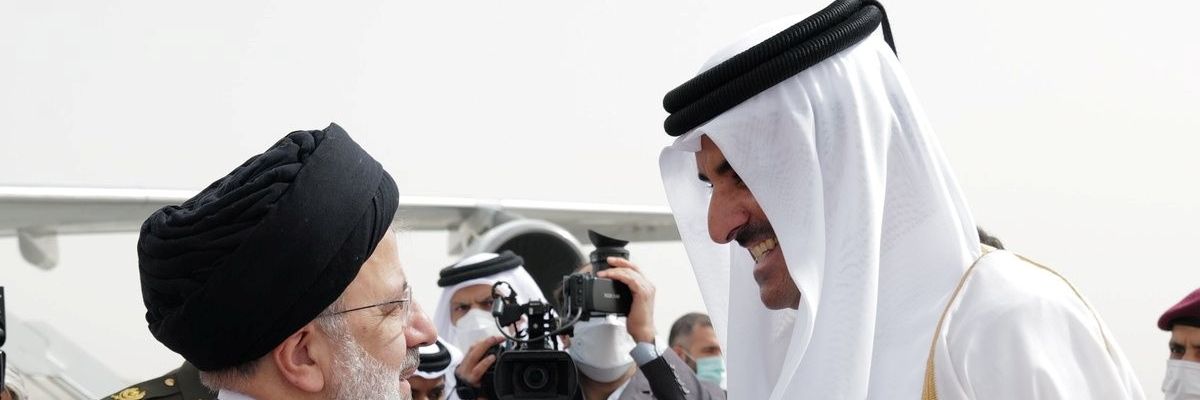It is not yet known whether Iran and the United States will return to the JCPOA nuclear agreement. But, whether they do or not, it appears that Iran's international isolation is nearing an end.
The Secretary General of the Shanghai Cooperation Organization (SCO) will sign a Memorandum of Obligations for the Islamic Republic of Iran to become a full member at its summit, which began today. At a meeting in April 2023, full membership will be finalized. As a result, Iran will join an organization that represents 43 percent of the world’s population, making it the second largest international organization after the UN.
The SCO has also become a high priority for both Russia and China. Its purpose is to act as an economic and foreign-policy counterweight to the U.S.-led unipolar world.
Beginning with only six members in 2001, the SCO eventually grew to a limited membership of eight when India and Pakistan joined in 2017. Iran is being welcomed as only the ninth member of the organization, though many more are now in line. Membership will grant Tehran top level contacts and economic cooperation with Russia, China, India, Pakistan, and several Central Asian countries — nearly half the population of the world, making up 28 percent of the global GDP.
“Iran has historically been a trading nation,” Vienna-based strategy consultant Bijan Khajehpour told Responsible Statecraft. “Sanctions disrupted the trade patterns, but Iran's response to the U.S. maximum pressure has been to focus on its immediate neighbors as well as on Eastern powers. The policy is primarily driven by security as well as economic imperatives. A full SCO membership will further facilitate Iran's trade with Asian powers and Russia, compensating for the decline in trade with the EU that has decreased due to US sanctions."
Though Iran is not so confident as to feel insulated from U.S. sanctions, and though they may hope to keep the door to the West open, Iran’s choice may no longer be capitulation or isolation. The intended isolation of Iran, which has largely focused on sealing off the country's western border, has caused a very large leak in the eastern one.
And Iran is not just breaking out of isolation globally in the East; they are also breaking out regionally in the Middle East.
In August, both the United Arab Emirates and Kuwait announced that they will be returning their ambassadors to Tehran. Since both countries withdrew their ambassadors in 2016 in solidarity with Saudi Arabia, the moves suggest that Riyadh, though not yet reopening an embassy in Tehran, may approve of its fellow Gulf states' decision to pursue detente.
The possibility of a warming Saudi Arabia is supported by reports that Saudi Crown Prince Mohammed bin Salman has suggested a meeting between Saudi Arabia and Iran’s foreign ministers. The two countries, often bitter rivals in the region, have been talking since 2020. They have now met several times, and, on April 25 of this year, they held their “fifth round of ‘positive’ talks in Baghdad...on normalising bilateral relations.”
On August 22, the Iranian foreign ministry said that “talks with Saudi Arabia over resuming ties are also going in a positive direction.”
Also in August, the UAE foreign ministry said that the return of its ambassador to Iran was part of efforts “to achieve the common interests of the two countries and the wider region.” The foreign ministers of the two nations held a phone call the week before in which they discussed “boosting bilateral relations and areas of cooperation for the benefit of both countries.”
At the same time, Kuwait announced the appointment of its ambassador to Iran.
The series of recent moves — including the 2021 signing of a 25-year strategic and economic partnership with China that is worth $400 billion, last month’s opening of embassies in Tehran by the UAE and Kuwait, and this week’s ascension to full membership in the SCO — indicate that, even if the negotiations to restart the JCPOA nuclear deal fall through and Western sanctions remain in place, the isolation of Iran may be over.
















